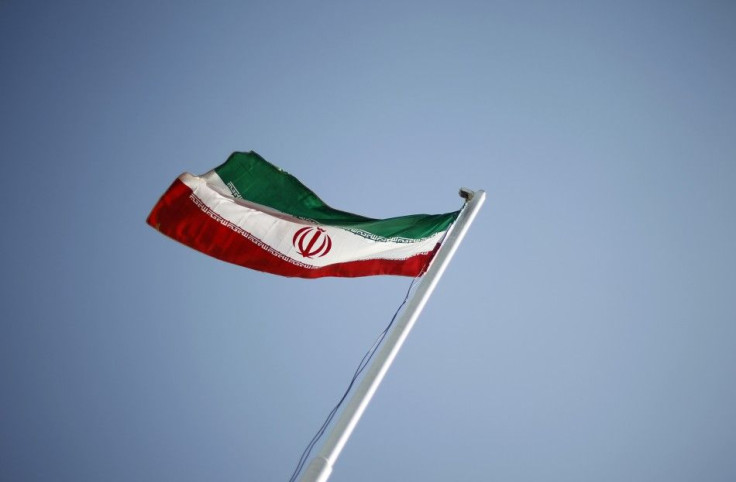Lifted Sanctions Could Fuel Oil Competition Between Iran And Iraq

Loosening Western sanctions against Iran could increase friction among OPEC members as Iran attempts to boost oil production past its neighbor Iraq to become the No. 2 producer again behind Saudi Arabia.
Western nations including the U.S. and members of the United Nations Security Council have imposed sanctions against Iran because its government has refused to suspend a uranium enrichment program, which could be used to create nuclear weapons.
Last week, the White House said in a statement that Iran is cooperating with the U.S.-led international community to roll back its nuclear program, and President Barack Obama suspended further action on Iranian oil sanctions for the next six months.
Both countries want to ramp up oil production in the next few years, but surging output from non-OPEC countries could force OPEC to impose supply cutbacks. Non-OPEC production accounted for more than 90 percent of global growth in oil demand last year, according to the International Energy Agency.
So far this year, Iraq has boosted production to its target of 3.4 million barrels per day, hitting a 30-year record high at 3.6 million barrels per day in February.
Iran is producing about 2.8 million barrels per day. Oil analysts say the country’s production could rise to 3.5 million barrels per day within six months of lifted sanctions, Reuters reported, though a deal between Iran and Western nations could still take months or years.
The U.S. and its allies are demanding Iran clear up suspicions around its nuclear program, and Iran is denying any interest in nuclear arms. U.S. envoy Joseph Macmanus, speaking outside a UN atomic agency meeting, said a July 20 deadline for a deal with Iran is "ambitious," the Associated Press reported.
© Copyright IBTimes 2024. All rights reserved.





















